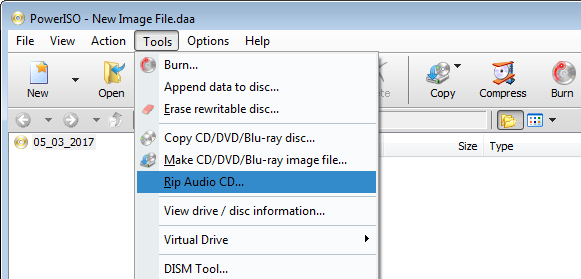

Some codecs are freely-available, whereas other are patented/proprietary and so must be bought or licensed. Codecs also allow you to play music of a given format on your computer. Lossy compression is very commonly used, and by choosing a sufficiently high quality setting, many people are unable to tell the difference between the compressed and uncompressed sound.Ī codec ( coder/ decoder) is a piece of software which converts audio from one format to another. Lossy compression reduces the quality of your music but results in much smaller file sizes. However, the resultant files still tend to be quite large. Lossless compression is a way of reducing the size of a music file without any loss in quality. In general, the smaller you make the file, the poorer quality the music will be. The method used to compress the music affects the quality and size of the resulting music file on your computer.

It is possible to compress music so that it takes up much less space, making it more suitable for storing on a computer or portable music player. A 700MB CD can store only 80 minutes of uncompressed music, and copying uncompressed music to your computer's hard drive will take up a great deal of storage capacity. This means that while the sound quality of a CD is very high, a large amount of storage space is required for only a few tracks. Music on a CD is stored in an uncompressed format. This section provides a brief overview of how CD ripping works and the various options available to you when ripping your CDs. CD ripping is sometimes called 'CD extraction'. "Ripping" is the process of taking a CD and copying tracks from it onto your computer or portable music player.


 0 kommentar(er)
0 kommentar(er)
